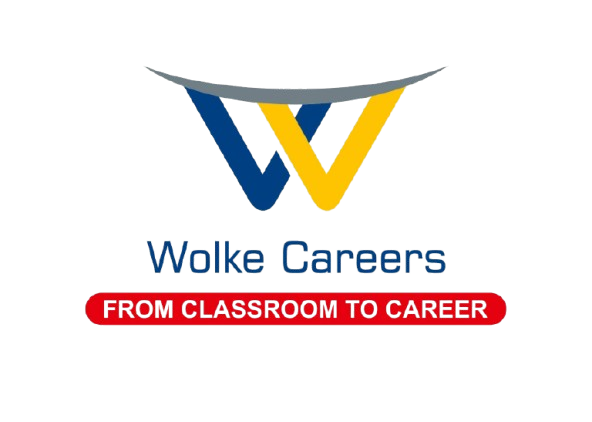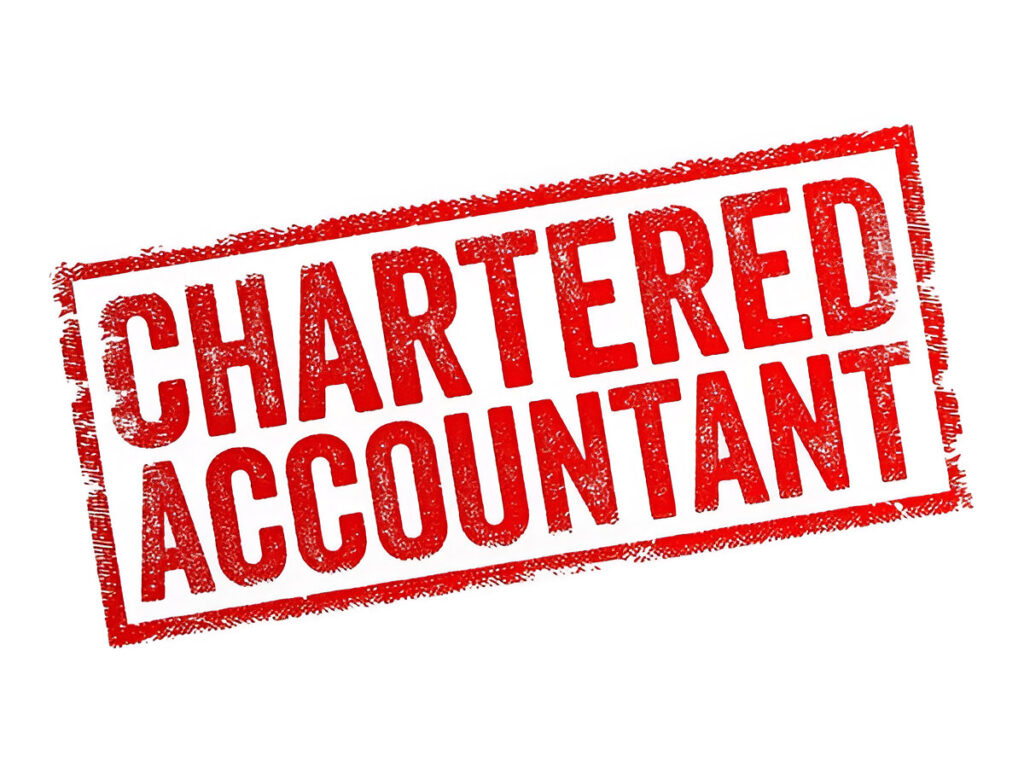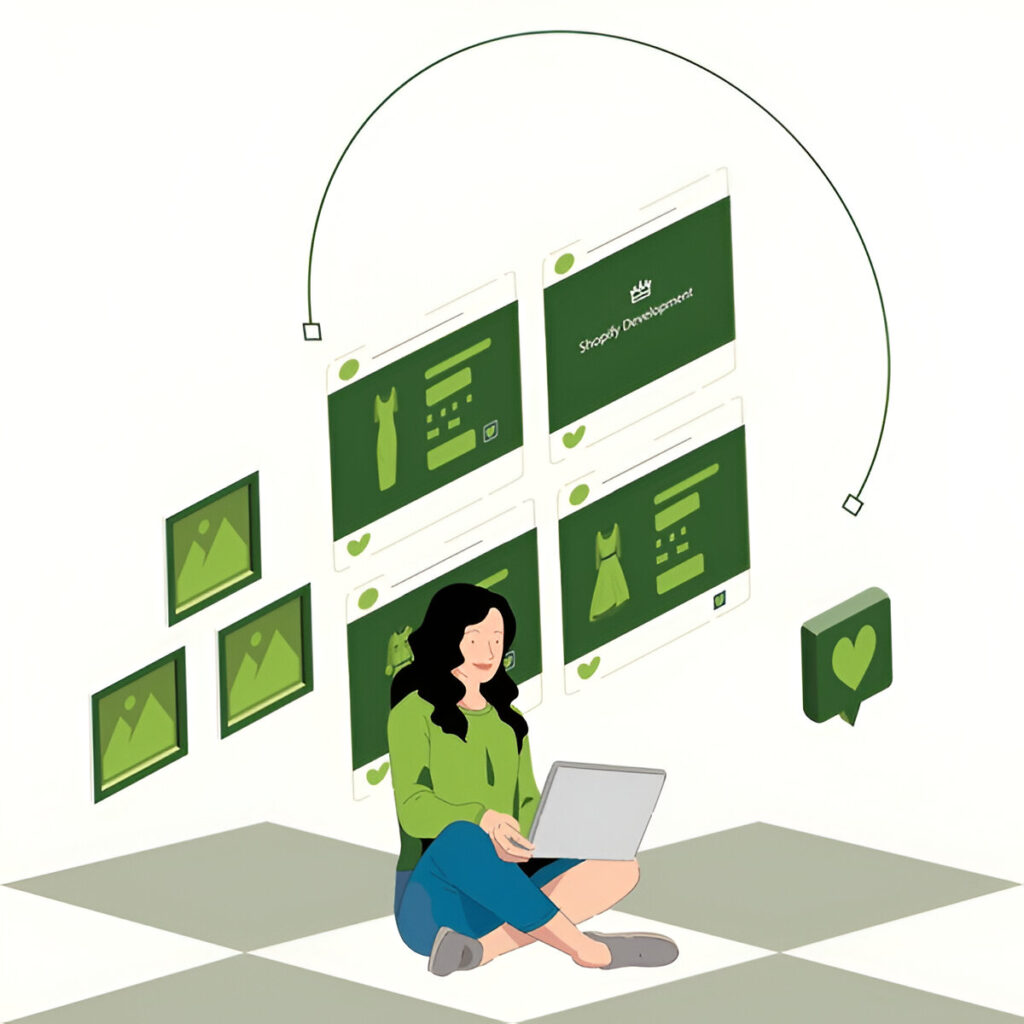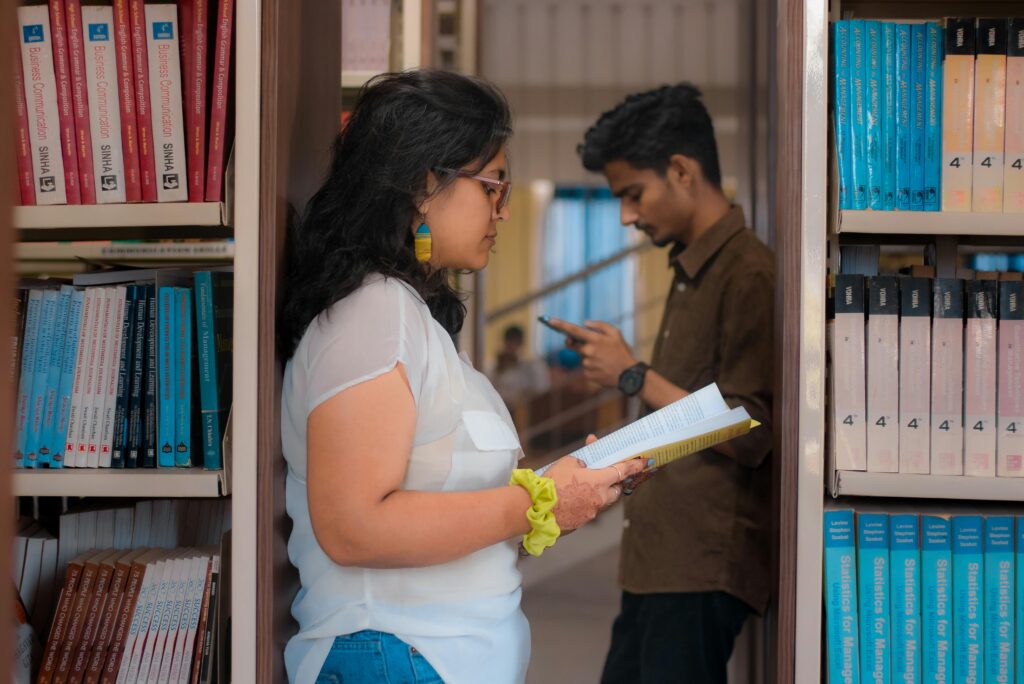Career Counselling in Mumbai for Students & Professionals
Guiding Students & Professionals Towards the Right Path
At Wolke Careers, we provide expert career counselling in Mumbai designed to help students, graduates, and working professionals make confident career choices. Our guidance combines psychometric assessments, skill mapping, and one-on-one counselling sessions with experienced career advisors. Whether you’re exploring college admissions, choosing the right stream after 10th or 12th, or planning a career shift, our team ensures you have a clear, personalized roadmap for success.





















